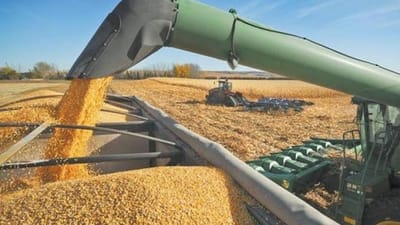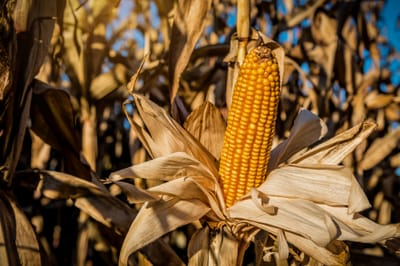MAIZE #Maize Updates
Based on the premise that there are sufficient supplies for the local market, the Zimbabwe government has reinstated a ban on maize imports.Quoting a news report by Reuters, agricultural economist Wandile Sihlobo says the government wants to ensure maximum price realisation for the domestic producers before allowing imports
Read MoreIn times of abundant harvests, farmers and agribusinesses must be allowed to export and benefit from the global market. In times of droughts or floods, trade must still be allowed. Indeed, there may be short-term economic pain for consumers through higher prices in deficit years when imports are needed, but this induces farmers to plant more in the coming seasons. At times, governments ban imports to protect local farmers when they have ample domestic supplies, which are deemed sufficient to meet consumer requirements. However, that also limits the consumer’s choice and artificially increases the domestic price by restricting more competitively priced imports. Zimbabwe’s maize supply recovers I am highlighting these policy tradeoffs due to recent news from Zimbabwe. A report by Reuters, a news organisation, suggests that the Zimbabwean government has reinstated a ban on maize imports. The government believes that in the interim, there are sufficient supplies for the local market and wants to ensure maximum price realization for the domestic producers before allowing imports.
Read More
